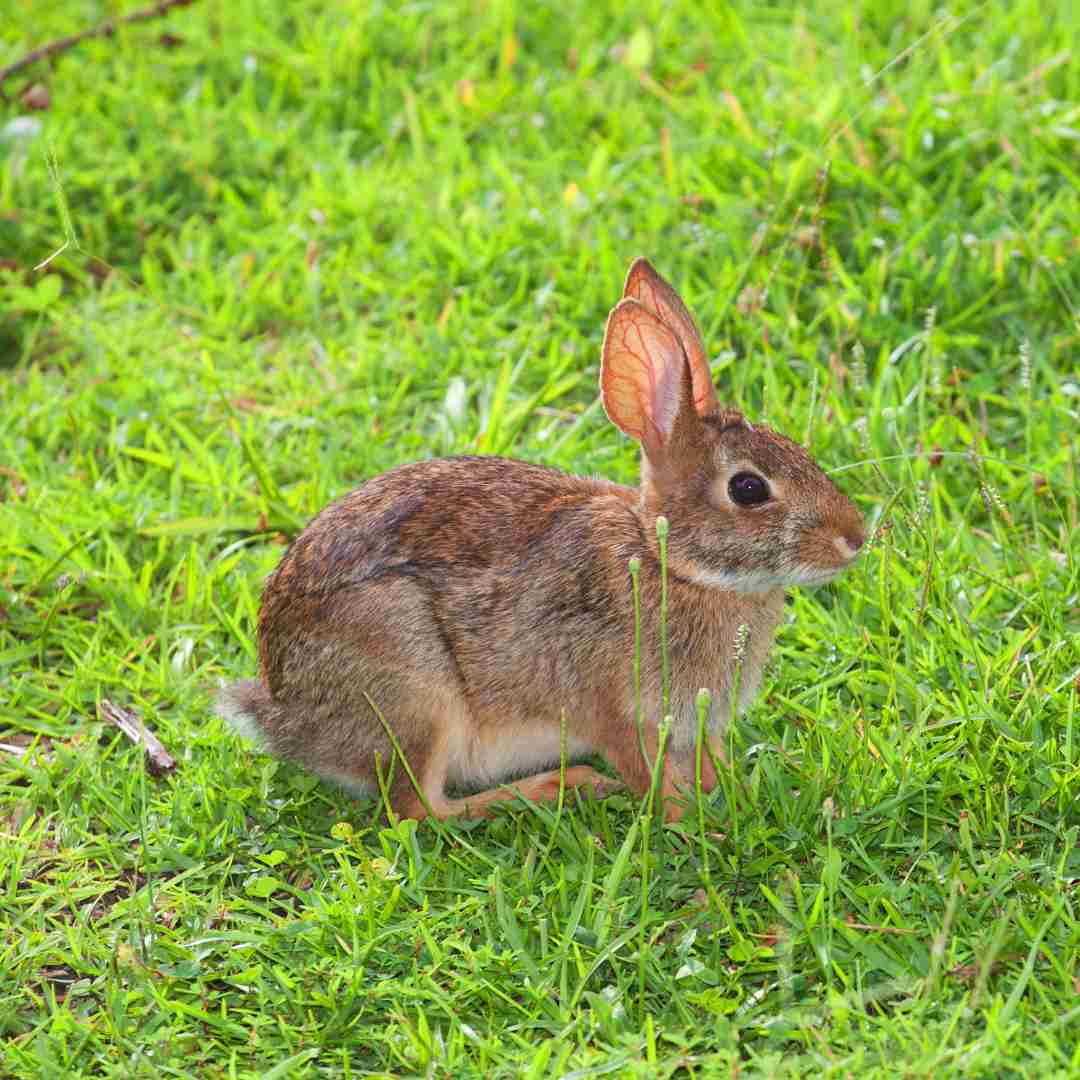Rabbit Fear: Recognising Fearful Behaviours
Rabbits are shy and easily frightened. To help rabbits feel safe, you must recognise their fear. Here are some frequent rabbit fear signs:
1. Hiding: Scared rabbits hide. They may hide in their hutch, under furniture, or elsewhere in darkness. Your rabbit may be scared if they hide more than normal.
2. Thumping: Scared rabbits thump their hind legs. This alerts other rabbits to danger.
3. Shaking: Scared rabbits shake. They seek comfort because they're overwhelmed.
4. Frightened rabbits groan or growl. This indicates they feel intimidated and seek reassurance.
5. Crouching: Scared rabbits crouch. This indicates vulnerability and the need for protection.
If your rabbit exhibits any of these fears, help them feel protected and secure. To soothe them, speak in a soothing voice and offer food or toys. A vet visit may be necessary if the rabbit remains fearful.
Know Your Rabbit's Scared Body Language
When your rabbit is terrified, watch their body language to understand how they feel. Rabbits fear predators because they are prey. Helping kids feel safe requires awareness of their body language.
Rabbits often thump when scared. Rabbits thumps with their rear legs. This indicates fear or threat. If your rabbit is thumping, remove hazards and allow them space to feel safe.
Cowering is another rabbit fear symptom. A rabbit cowers as they tuck their head in. This indicates fear and vulnerability. Give your cowering rabbit space and remove threats.
Rabbits may freeze in fright. Scared rabbits may freeze. This indicates fear and overwhelm. Give your rabbit space and remove hazards if it's freezing.
Finally, rabbits may flee in fear. If your rabbit is running away, give them room and remove hazards.
To understand your rabbit's mood, watch their body language. Give your rabbit space and remove dangers if they seem afraid. Understand your rabbit's body language to make them feel safe.
Helping a Scared Rabbit: Stress and Anxiety Reduction Tips
Rabbits are shy and quickly intimidated by loud noises, unexpected individuals, and sudden movements. If your rabbit is terrified, lessen their stress and anxiety. Tips for comforting a worried rabbit:
1. Provide a safe space: Give your rabbit a safe, pleasant place to hide when terrified. This should be a dark, quiet location with plentiful hiding spots and nice bedding.
2. Spend a few minutes a day with your rabbit to get to know him. This will help them get used to you.
3. Be gentle when talking to your rabbit. This will calm and reassure them.
4. Avoid unexpected movements: unexpected movements can scare rabbits. Take your time with your bunny.
5. Enrichment: Give your rabbit toys and activities to keep them busy and entertained. This reduces stress and anxiety.
6. Reward your rabbit with sweets for good behaviour. This will help them remember you positively.
These suggestions will help you calm your rabbit and establish a safe, comfortable environment.
Stress on Rabbits: How Fear Can Affect Their Health
Rabbits often experience stress, which can harm them. One of the main sources of stress in rabbits is fear, which can create health and behavioural issues. Understanding rabbit fear and how to lessen it helps keep your rabbit healthy and happy.
When rabbits are afraid, their bodies react differently. Tense, their heart rate may rise, and they may pant. They may also become more attentive and move faster. They may attack, hide, or freeze.
Fear-related bodily and behavioural responses can harm rabbits. Fear can cause heart disease, intestinal issues, and death. Fear can decrease hunger, increase hostility, and limit social engagement.
Fortunately, rabbits can be calmed in many ways. Avoiding unexpected movements and loud noises and providing a safe environment are crucial. Toys and tunnels can also stimulate rabbits and minimise fear.
Finally, fear affects rabbits physically and behaviorally. Understanding rabbit fear and how to lessen it helps keep your rabbit healthy and happy.
How to Make Your Rabbit's Home Safe: Reduce Fear and Anxiety
Your rabbit's health depends on a safe environment. Rabbits are shy and quickly worried or anxious in unexpected or uncomfortable conditions. You can lessen fear and anxiety in your rabbit to make them feel safe at home.
First, provide your rabbit a safe, comfortable home. This should be a calm place with lots of boxes, tunnels, and space to move. Make sure there are no drafts or other risks. Give your rabbit lots of toys and activities to keep them busy.
Second, your rabbit needs a routine. This will make them feel safe and protected. Feed them daily at the same time and give them lots of playing. To acclimatise your rabbit to handling, handle them softly and often.
Third, provide your rabbit a secure environment. Keep cats and dogs out of their space and give them lots of hiding places. Keep their space free of loud noises and unexpected movements, which might stress or bother your rabbit.
Finally, give your bunny lots of love and attention. Talk to and pet your bunny daily. This will make them feel safe and protected.
Following these actions can help your rabbit feel safe and comfortable, minimising fear and anxiety. You can make your rabbit feel safe at home with a little effort.